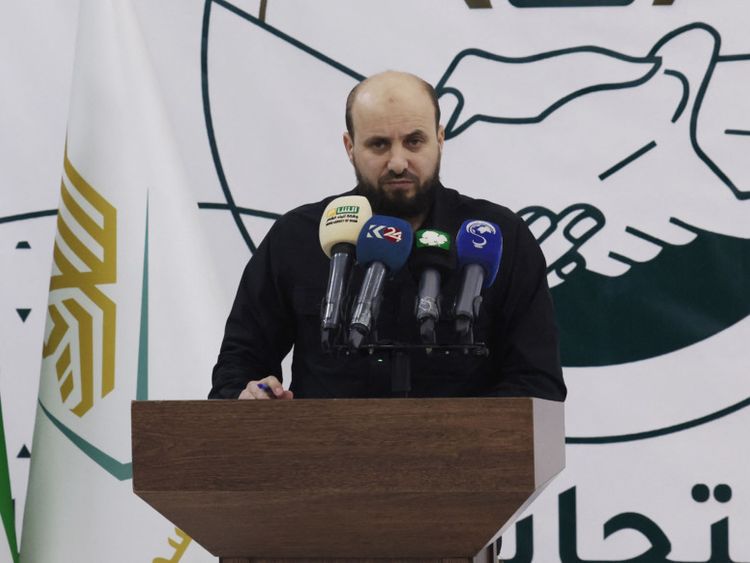In a significant move to consolidate political authority in Syria’s war-torn regions, Al Bashir, the political chief of the Hayat Tahrir al-Sham (HTS) group, has announced plans to establish a temporary government. With a background in engineering and having led a quasi-government structure since 2017, Al Bashir’s initiative aims to create administrative stability in HTS-controlled territories. This announcement comes as Syria continues to face deep political fragmentation and ongoing humanitarian crises.
Al Bashir’s proposed temporary government is expected to build on the administrative framework of the HTS-established Salvation Government. This government, primarily operating in the Idlib province, has been responsible for overseeing essential services such as healthcare, education, and infrastructure in the region. Observers believe that this new initiative is designed to enhance HTS’s influence on the global stage while seeking legitimacy from both local populations and international actors.
However, the move has sparked concerns among analysts and rival factions. Critics warn that the plan could deepen divisions within opposition groups, potentially complicating the broader Syrian peace process. International stakeholders, especially Western nations and neighboring countries, remain cautious about endorsing any government associated with HTS, which is classified as a terrorist organization by several global entities.
Despite the challenges, Al Bashir’s efforts signify a shift in HTS’s strategy—from military dominance to political engagement. As the Syrian conflict enters its 14th year, this development highlights the ongoing struggle for governance and control in a country devastated by war. Whether Al Bashir’s temporary government can provide stability or further entrench divisions remains a critical question.





